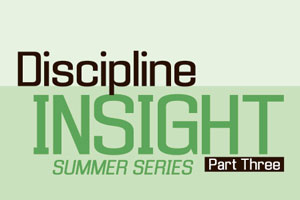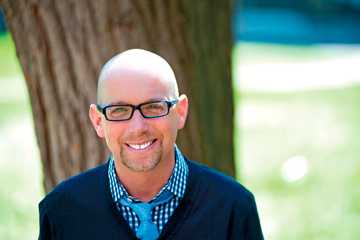
If the Ontario Divisional Court sides with the Law Society of Upper Canada in an upcoming application on a disclosure matter, lawyers say it could make it harder to defend interlocutory suspensions.

If the Ontario Divisional Court sides with the Law Society of Upper Canada in an upcoming application on a disclosure matter, lawyers say it could make it harder to defend interlocutory suspensions.
The law society has brought an application challenging a recent finding by its discipline tribunal panel in Law Society of Upper Canada v. Cengarle, ordering the regulator to disclose certain materials to lawyer Licio Cengarle before his interlocutory suspension hearing.
In a motion for disclosure, Cengarle argued it was necessary for the law society to disclose all potentially relevant materials and evidence in order to ensure fairness of the proceeding. The law society contended that it only needed to disclose what it was relying on in the motion, as well as anything that comes to the attention of counsel that would show the “test for an interlocutory suspension was not met.”
The panel ordered the law society to disclose all non-privileged documents reviewed before the interlocutory suspension motion that were relevant to the matter, but it fell short of offering full disclosure.
The law society subsequently disclosed the documents to Cengarle, who is facing allegations that he knowingly or recklessly facilitated a fraud his assistant allegedly ran using his trust account. He has since been suspended.
But despite having already disclosed the documents, the LSUC has asked the court to quash the disclosure order, saying a lawyer’s right to disclosure and production before such a motion will “seriously impact the law society’s mandate to protect the public.”
Matthew Wilton, Cengarle’s lawyer, says that if the Divisional Court rules in the law society’s favour, it could make what is already an uphill battle even harder. Motions for interlocutory suspensions can be brought within three days notice and are a tool the law society has employed more often in recent years in an attempt to protect the public from lawyers accused of misconduct.
If granted, interlocutory suspensions bar lawyers from practising law while an investigation into alleged wrongdoing is ongoing.
Lawyers who defend practitioners in discipline proceedings say part of the test to determine whether a lawyer should receive an interlocutory suspension is too easy to meet and that tribunal panels have been too quick to rely on it.
The test holds that a lawyer should face an interlocutory suspension if they pose a risk of harming the public or if there is a significant risk of harm to the public interest in the administration of justice.
“As lawyers, we would never allow a court to do to our clients what the law society is doing to its own members. It just defies logic. That test is simply too easy,” says Darryl Singer, a lawyer who defends practitioners in discipline proceedings.

Darryl Singer says it is grossly unfair for the LSUC to impose an interlocutory suspension on a lawyer accused of misconduct before a penalty hearing is held.
In the decision regarding disclosure in Cengarle’s case, David Wright, chairman of the Law Society Tribunal, noted that the degree of risk in the test “need not be very high” and that the potential harm “need not be substantial,” although meeting them will not automatically result in a suspension.
Lawyers say this low threshold can be particularly problematic when the law society brings interlocutory suspensions after a guilty finding is reached or a guilty plea is entered but before a penalty hearing is held.
Singer says this is grossly unfair because the issue of penalty has not been argued at that point.
“The problem is simply one of natural justice,” he says.
“The test for an interlocutory suspension is so much lower than for a suspension on the penalty phase after a finding of professional misconduct.”
In the first six months of 2017 alone, the law society issued 19 interlocutory suspension motions, compared to just three in all of 2012.
Lawyers have expressed concern over the bump, saying interlocutory suspensions can effectively end a lawyer’s career without even having a hearing on the merits of their case.
“There’s a cruel irony to the fact that lawyers’ own selfdiscipline processes are providing less procedural protections to lawyers than any other profession,” says Wilton.
“We’re supposed to be at the vanguard of defending our clients’ civil rights, and yet we have a system in place now that makes it far easier for lawyers to be suspended on an interim basis than equivalent other professions.”
He says that if the law society succeeds in having the panel’s decision overturned in Cengarle’s case, it would mean lawyers would not have adequate disclosure in their defence against interlocutory suspensions.
As part of an effort to investigate complaints more effectively and efficiently, the law society has reorganized its professional regulation division so that lawyers are involved earlier on in the process. The law society has said this is why more interlocutory suspension motions have been issued recently. Lawyers say media scrutiny was also a factor pushing the regulator.
The LSUC did not provide comment for this story, but it did provide comment for an earlier Law Times story on interlocutory suspension. It said that while interlocutory suspensions can have a big impact on an accused lawyer's professional life, they are a necessary tool to protect the public.